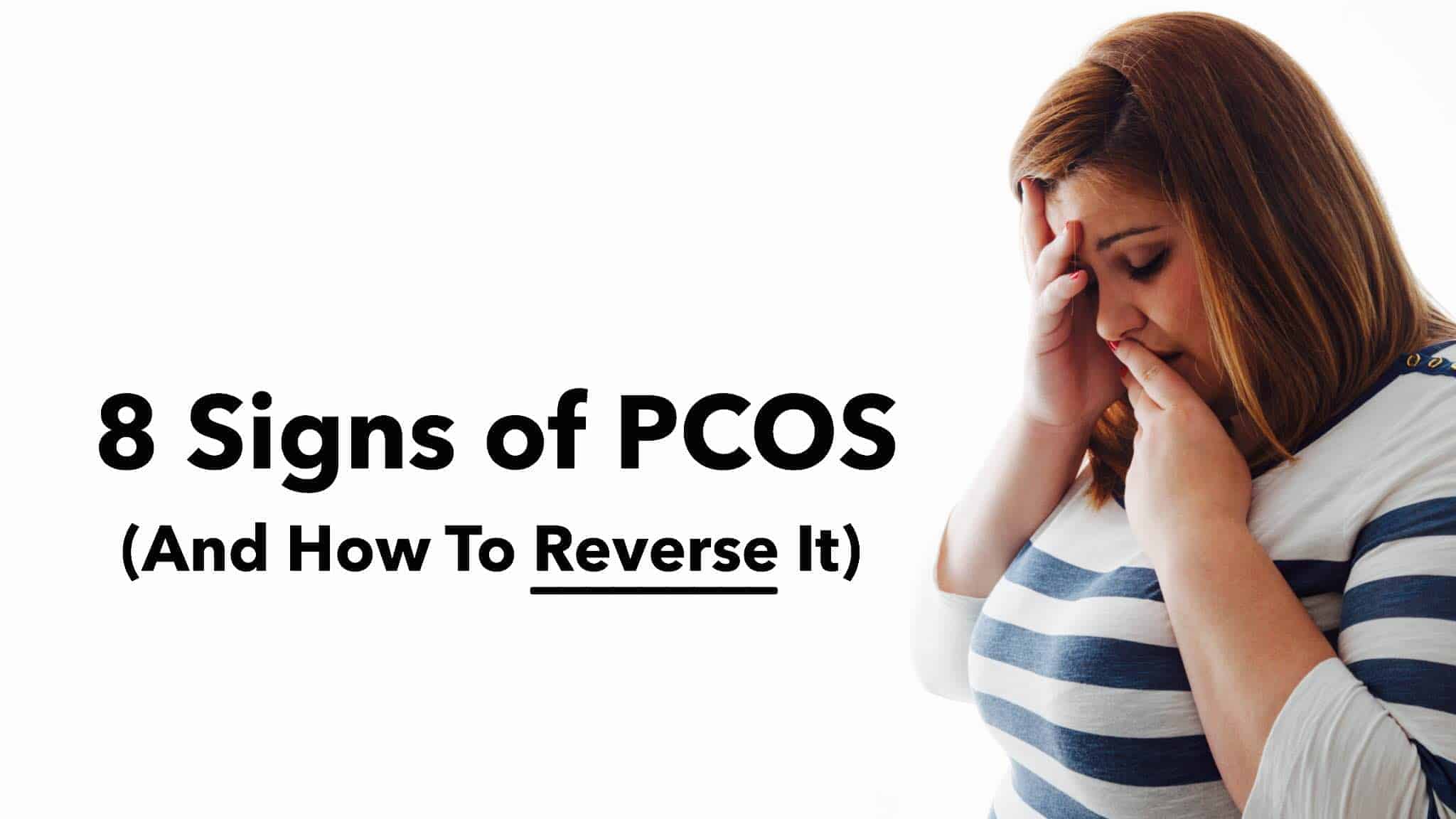Polycystic Ovary Syndrome (PCOS) is a medical condition in which a woman’s hormones are in a state of imbalance. Acquiring PCOS can subsequently lead to the development of other medical conditions as well, including heart disease and diabetes. PCOS can also create more difficulty during a menstrual cycle. Additionally, it may make it harder for women to become pregnant.
The majority of women with PCOS grow a number of small cysts on their ovaries; while these cysts are not harmful, they can lead to hormonal imbalances. Specifically, female ovaries generally produce a limited amount of male sex hormones, androgens. During this, androgens are produced at a markedly pronounced rate. A higher level of androgens in the female body during PCOS may lead to a number of problems.
It often develops soon after a woman’s first menstrual cycles. In other instances, PCOS manifests in later reproductive years as the result of a number of factors. One of the more common causes of developing PCOS later in life is prolific weight gain.
This article discusses eight common signs of PCOS, and five ways to reverse these signs.
Here are eight signs of PCOS:
1. Fertility Problems
One of the more unfortunate implications of PCOS is the inability to become pregnant. According to the PCOS Awareness Association, the condition is among the leading causes of infertility. The degree of infertility experienced is often individualistic; some women are able to conceive with medical assistance, while others may have the ability to do so without intervention.
2. Menstrual Irregularities
According to the Mayo Clinic, problems during menstrual cycles is the most common symptoms. Among the conditions reported: menstrual cycles lasting longer than 35 days; no menstrual activity for four months or longer; less than eight menstrual cycles a year; and prolonged menstrual duration.
3. Excess Hair
Undesirable hair growth – a condition known as hirsutism – can become evident around numerous areas of the body. This condition occurs because PCOS fluctuates androgen levels, the primary hormonal abnormality experienced. Problem areas include the abdomen, arms, back, chest, face, thumbs, and toes.
4. Acne
Acne refers to physical anomalies of the skin, mainly pimples, whiteheads and blackheads. The most common trouble areas for acne are the chest, face, back and shoulders. As mentioned, PCOS throws hormonal equilibrium off-kilter, which can manifest into skin problems.
5. Poor Sleep
Insomnia and/or poor sleep is often reported by women with PCOS. It is well-known that many factors affect sleep, although a higher proportion of PCOS patients are likely to suffer from sleep apnea – a condition that interrupts normal breathing patterns during periods of sleep. All-told, PCOS is a common, underlying medical condition for an assortment of sleep abnormalities.
6. Fatigue
Prolonged periods of tiredness are one of the most common symptoms that PCOS patients experience. This is likely due to the complex hormonal fluctuations that take place within this body, which taxes energy reserves. As with the other seven symptoms, fatigue can be an underlying symptom for a number of medical conditions; among these conditions are hypothyroidism, anemia and low vitamin B12 levels.
7. Bloating
Bloating is simply a term used to describe areas of the body that become swollen. This common symptom of PCOS is often accompanied by gastroenteritis (gassiness) and abdominal discomfort. Consuming certain foods often exacerbates bloating symptoms. Examples of foods that provoke bloating include asparagus, beans, broccoli, cabbage and cauliflower. Additionally, dairy products, carbonated beverages, artificial sweeteners, and some whole grain foods can also stimulate a bloating response.
8. Depression
Hormonal imbalances are known to sometimes cause mood instability, and PCOS is no different in this regard. Depression is a general feeling of malaise that can persist for days, months and even years; which has also been experienced by some PCOS patients. Depression is considered a serious medical condition, and can severely affect one’s capacity in numerous areas of life. Thus, it is recommended to seek the advice of a licensed medical professional.
How to Counteract PCOS
While there exists no known “cure” for PCOS, there are ways of mitigating the condition. Here are five ways of potentially reversing PCOS symptoms:
1. Exercise
Regular physical activity seems to bring a myriad of health benefits for PCOS patients. In addition to experiencing a general sense of wellbeing, exercise helps to control weight and can ward off depressive symptoms.
2. Maintain a healthy diet
PCOS patients can benefit by eating a healthy, well-balanced diet. Consuming plenty of fruits and vegetables, as well as plant-based sources of fats can help with certain PCOS symptoms. Conversely, foods that are high in sugar, fat and sodium should be eliminated.
3. Abstain from smoking
A correlation exists between higher levels of androgens and smoking. As such, it is recommended for PCOS patients to consider quitting smoking. It is well-known that quitting this habit can be a difficult endeavor; thus it may be necessary to seek medical advice.
4. Lose weight/weight control
Losing unwanted pounds and maintaining a healthy weight is one of the best treatments for PCOS. High concentrations of body fat can result in erratic hormonal activity. The loss of a few pounds can assist with balancing hormone levels and help stimulate normal menstruation and ovulation.
Related article: 10 Common Health Symptoms Women Should Never Ignore
5. Hormonal therapy
After exhausting other options – and if PCOS symptoms persist – it may be worthwhile to consider hormone treatment. Of course, such treatments must take place under the supervision and guidance of a physician. Hormonal therapy often consists of prescribed medications that may help alleviate an assortment of PCOS symptoms.












 Community
Community

